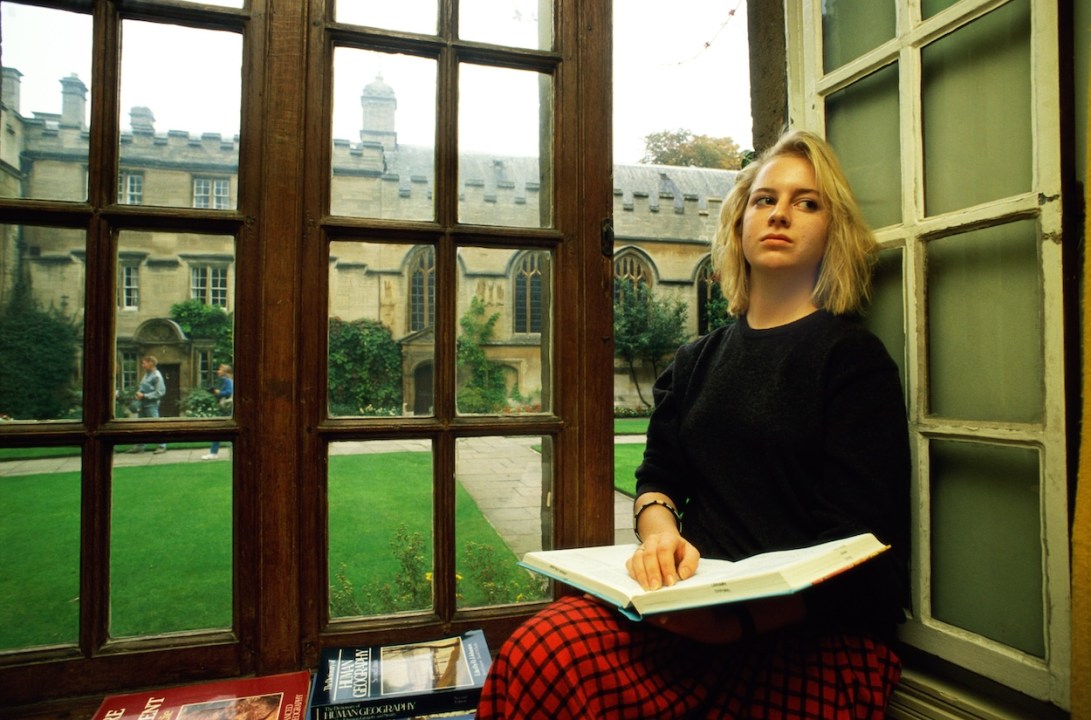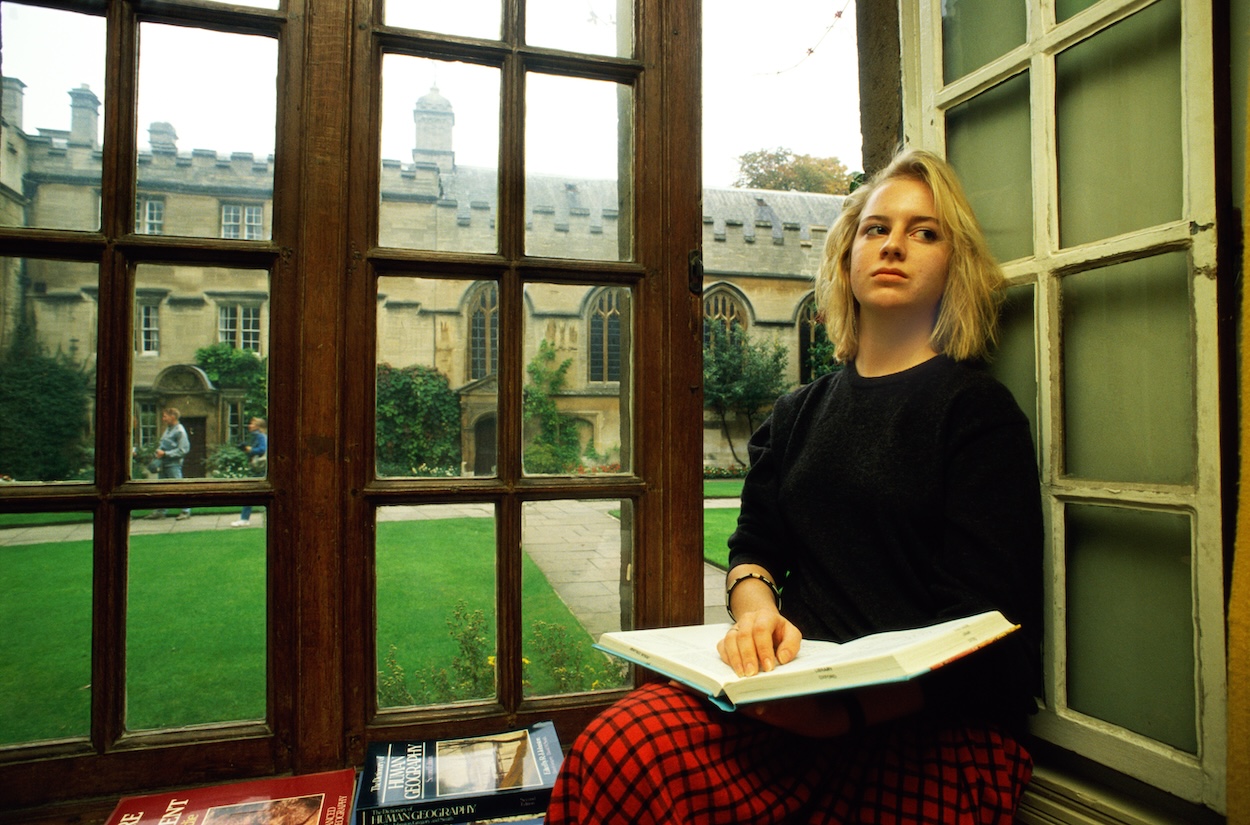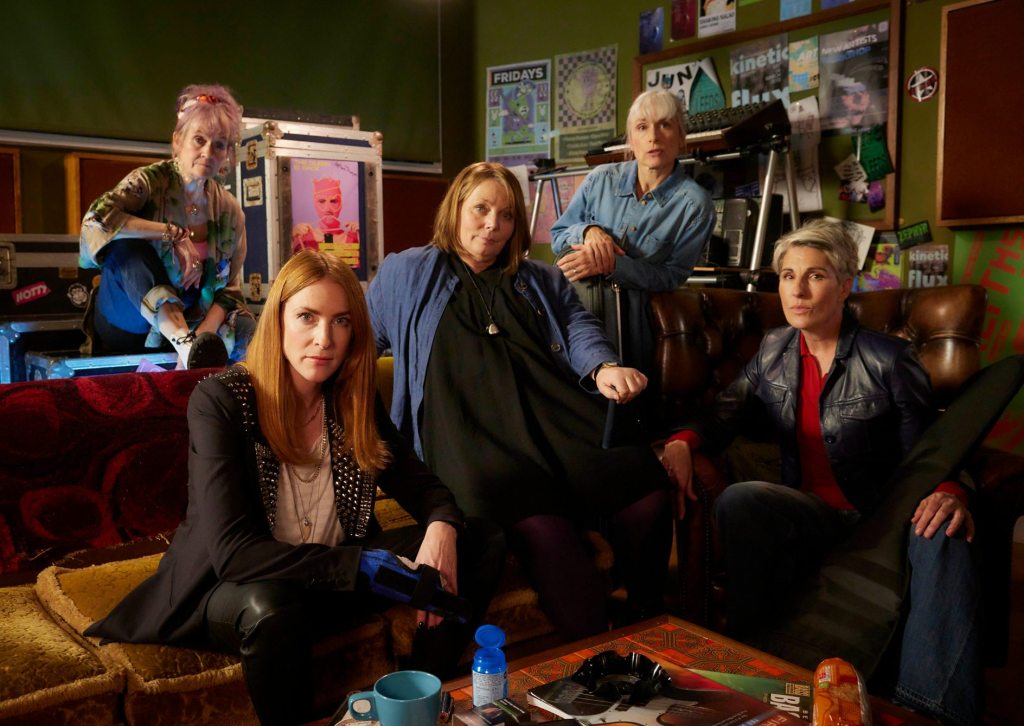To a certain extent, all doctoral theses are a bit ridiculous – and therein lies their genius. I am allowed to say this because I spent four years of my life researching French Catholicism’s engagement with the first world war for my doctoral thesis, which I nattily entitled Calvary or Catastrophe?
Back then, I was a baby academic hoping for critical acclaim and my own office. I’ve long since been disabused of this dream and have left academia’s dreaming spires behind to become a journalist – a profession that offers me neither my own office nor critical acclaim, but a great deal of online abuse.
And while I don’t expect anyone ever to read my PhD (although you can DM me any time for a copy), I believe that it had some slim critical justification. I also went to graduate school in America and received a five-year teaching fellowship from a private institution. I am happy to say that no taxpayers were harmed in the creation of Calvary or Catastrophe: French Catholicism’s First World War.
Not so for the millions of taxpayers in this country who are on the hook to pay for the Arts and Humanities Research Council’s (AHRC) increasingly bizarre list of funded projects. Founded in 1998, the AHRC receives £70 million in public funding every year to ‘uncover what it is to be human and the conditions which allow us to flourish or falter’, according to their website. Funded PhDs, classed as studentships, typically last 3.5 years at a cost of roughly £20,000 per year paid to the student, while the institution in receipt of the funding will receive anything from £5,000 to 6,000 in tuition fees and ‘research training support grants’.
When it emerged that Nadia Yahlom, a PhD student at the University of Westminster writing an AHRC-funded doctorate on ‘a participatory audiovisual exploration of haunting in Palestine’, was seen cutting down ribbons for Jewish hostages, the funding body was rightly put under scrutiny. In her thesis outline, Yahlom writes that ghosts ‘are more than simply symbolic’. So, might one add, are the ribbons for Jewish hostages – but maybe that’s another PhD project altogether.
Dig into the list of current AHRC-funded projects and the Haldane principle – whereby researchers make the research decisions – begins to falter, if not entirely collapse. Current projects include ‘Lesbian? “She no Lebanese. She Punjabi!”: Tracing the experiences of working-class, queer British South Asian women, 1970s to 1990s’ by Soumyaseema Mandal at Royal Holloway, University of London; ‘rub rub rub rub rub rub brush brush quiver oh hello, you: Queer Captioning as Material’ by Jessa Mockridge at Kingston University, London; and, my favourite, ‘Animals as builders: Exploring animal buildings as sites of agency, rights, and politics’ by an unnamed student also at Royal Holloway – who clearly needs to read The Wind in the Willows. Up north at Northumbria University, the AHRC has also funded a PhD entitled ‘Menstruation at the Movies: A History of Stigma and Shame from 2000 to 2022’, a work that examines how ‘the analysis of menstrual representation in film has been under-explored for over a decade’.
PhDs are seductive, but only as an idea – in practice they’re deeply unsexy
PhDs are seductive, but only as an idea – in practice they’re deeply unsexy. Publicly, the reason I gave for embarking on one was the naïve hope that I might produce a masterpiece of intellectual research – imagine little old moi, changing the cultural conversation. Privately, I think it’s simply that I wanted respect without having to do a nine-to-five in an office.
Grifters like me aside, there are simply too many people doing PhDs now – approximately 113,000 in the UK, a near-record number – for them to have the gravity they used to, particularly in the humanities. Businesses complain that there is a shortage of high-level skills, gesturing to the fact that PhDs are not worth the candle when it comes to their bottom line. And good luck, is all I can say, if you decide to look for a job outside academia once you have completed your doctorate: most employers will bin your CV the moment they see those three little letters, assuming – rightly or wrongly – that you will be too hoity-toity for the task in hand.
I certainly wasn’t too hoity-toity to do another job, but after five years of graduate school I was perhaps a little unused to conventional working hours. From my desk, I can see the spine of my doctorate (printed at vast personal expense) winking away at me. But I must remember that my love affair with academia ended when I was tasked with revising the footnotes and endnotes for my masterpiece. Now, perhaps, I could get AI to do that for me at the touch of a button. All that remains is for me to submit the AHRC application for my next doctorate: ‘Spectral theories of AI and time in the kaleidoscope of rural postmodern motherhood’. I just know it will get the funding.








Comments